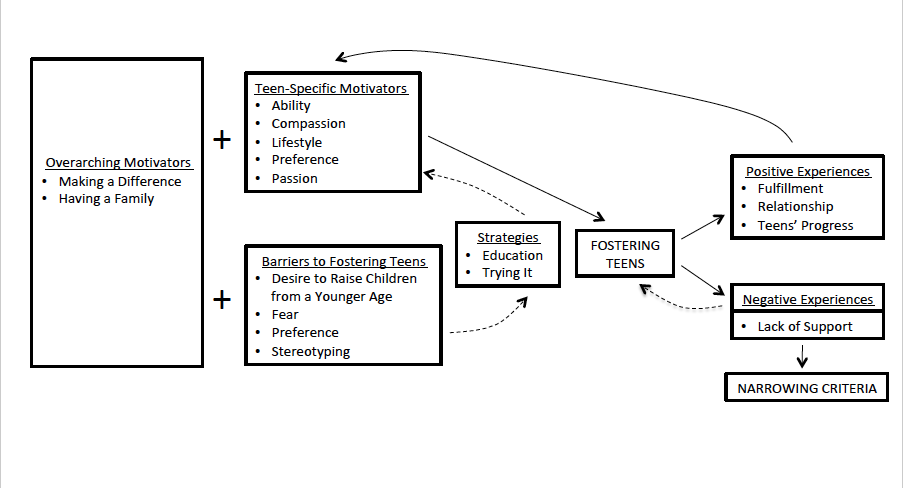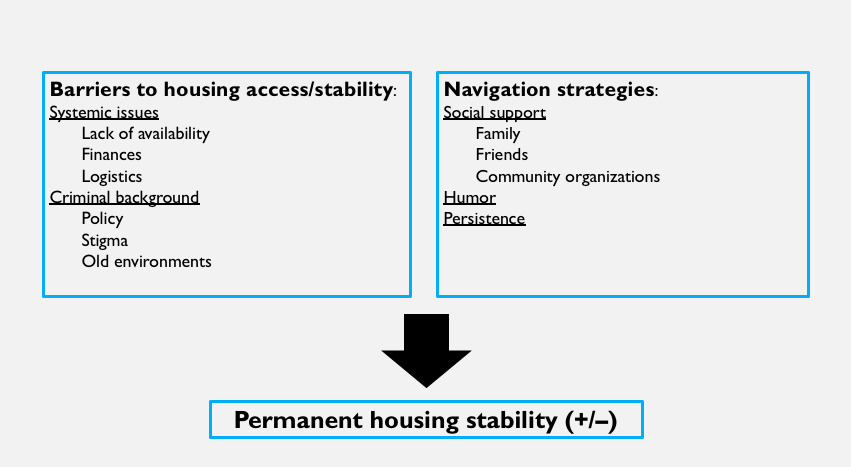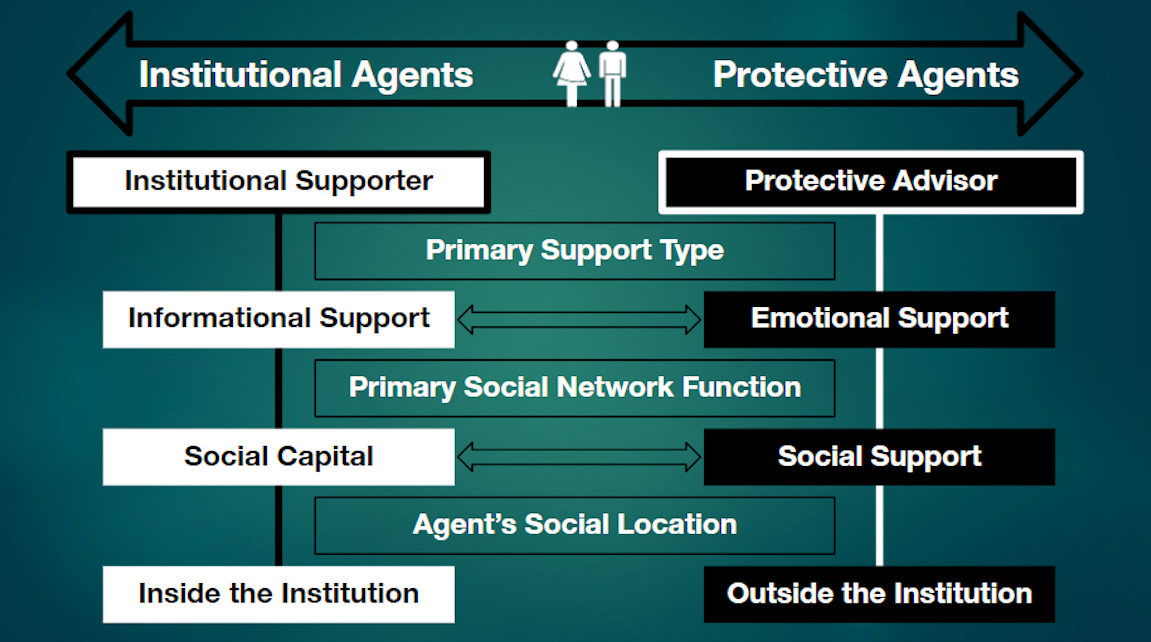Home » Current Students » 2018 Theses
2018 Theses
Posted by Anna Warren on Monday, May 7, 2018 in Current Students, Final Projects and Theses, Current students, Theses.
Of the 2018 CDA graduates, three completed theses for their final assessments. These intensive, independent research projects covered a wide range of scholarly interests that intend to contribute to the field of community development. This year’s completed master’s theses are described below.
Lauren Baer
Foster Care for Teenagers: Motivators, Barriers, and Strategies to Overcome Barriers
Forty-three percent of the children and youth in Tennessee’s foster care system are teenagers, yet many people who are interested in engaging in foster care desire to foster babies and young children. Lauren’s thesis therefore explored the motivators, barriers, and strategies to overcome barriers that influence the provision of foster care for teenagers. Through a qualitative research study, she conducted 19 open-ended, in-depth interviews with 16 foster parents and six foster care agency staff in Middle Tennessee. Lauren found that making a difference and having a family were overarching motivators to foster, which might combine with a teen-specific motivator – ability, compassion, lifestyle, preference, and/or passion – to lead people to foster teenagers. Key barriers to fostering teenagers were a desire to raise children from a younger age, fear, preference, and stereotyping. Through her work to understand the complexity around foster care for teenagers, Lauren’s thesis generated implications for research, policy, and practice to help ensure enough homes for teenagers.

Allie Mikels
Housing for People with Criminal Backgrounds: Barriers and How to Navigate Them
Allie’s thesis explored the permanent housing process for people with criminal backgrounds. Allie collected data through semi-structured, open-ended interviews with 17 people who were recently released from incarceration in Nashville, Tennessee. Then, operating within a constructivist theoretical paradigm, analyzed it through an open coding process that allowed themes to emerge directly from the interviews. Her study revealed 1) barriers to permanent housing access and stability, to include those both directly and indirectly related to criminal background; 2) navigation strategies used to cope with these barriers, which include social support, humor, and persistence; and 3) preliminary themes that emerged related to the importance of other contributing factors, such as race and conviction type, which can be explored further by future research. Allie hopes the information she obtained through her study can help move forward research, policy, and practice to improve housing options for those recently released from incarceration.

Katy Morgan
Institutional Supporters and Protective Advisers: Mediators of Persistence Among First-Generation and Low-Income Community College Students
Underrepresented students encounter unique barriers to success in postsecondary education. Because students draw on relationships with a range of actors in order to persist, Katy’s thesis utilized social capital theory to understand the role of institutional and protective agents in connecting students to social capital and social support, respectively. For her research, Katy collected qualitative data through focus groups of low-income and first-generation Promise Scholarship recipients at each community college in Tennessee. She found that while first-generation and low-income students benefit from relationships with institutional agents on campus and relationships with protective agents in their communities, students most clearly articulate the persistence-mediating effects of relationships with agents who exist between these spheres, who she conceptualized as institutional supporters and protective advisers.

Tags: Current students, Theses
Connect with Vanderbilt
©2026 Vanderbilt University ·
Site Development: University Web Communications